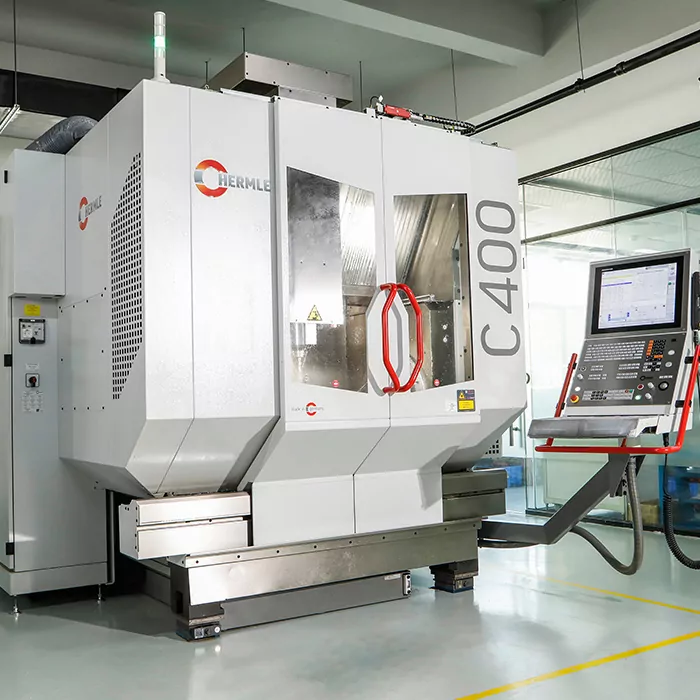Die casting is a manufacturing process that has revolutionized the industrial world. It offers a unique combination of precision and efficiency, making it the preferred choice for many industries. In this article, we will explore how die casting companies dominate in industrial processes and why they are the go-to solution for achieving high-quality products.
The Die Casting Process: A Marvel of Precision
The die casting process involves injecting molten metal into a mold cavity under high pressure. This allows for the creation of complex shapes with tight tolerances. Die casting companies excel in achieving precision due to their advanced machinery and expertise in mold design and manufacturing.
One of the key advantages of die casting is its ability to produce parts with consistent dimensions and minimal variations. This is crucial in industries such as automotive and aerospace, where precision is paramount. Die casting companies utilize computer-aided design (CAD) software to create intricate molds that ensure the desired level of precision is achieved.
Furthermore, die casting companies employ state-of-the-art machines that monitor and control the entire casting process. This level of automation ensures that each part produced meets the required specifications, eliminating the risk of human error. The result is a highly precise product that meets the highest quality standards.
Efficiency: The Driving Force Behind Die Casting Companies
Die casting companies are known for their exceptional efficiency in the manufacturing process. This is primarily due to the use of reusable molds, known as dies, which significantly reduce production time and costs.
Unlike other manufacturing methods, die casting allows for high-volume production with minimal material waste. The molten metal is injected into the die, which is then cooled and opened to release the solidified part. The die can be used repeatedly, making die casting a cost-effective solution for large-scale production.
Additionally, die casting companies optimize their processes to minimize cycle times. They employ techniques such as hot chamber and cold chamber die casting, depending on the metal being used. These methods ensure quick solidification and efficient production, further enhancing the overall efficiency of the process.
Applications of Die Casting: From Automotive to Electronics
The precision and efficiency offered by die casting make it a versatile process that finds applications in various industries. Die casting companies cater to a wide range of sectors, including automotive, aerospace, electronics, and consumer goods.
In the automotive industry, die casting is used to manufacture engine components, transmission parts, and structural components. The ability to produce complex shapes with high precision makes die casting an ideal choice for these critical components.
In the electronics industry, die casting is utilized for producing housings and heat sinks for electronic devices. The excellent thermal conductivity of die-cast parts ensures efficient heat dissipation, making them essential for electronic devices that generate significant heat.
Die casting also plays a crucial role in the aerospace industry, where lightweight yet strong components are required. The ability to produce intricate parts with high strength-to-weight ratios makes die casting an indispensable process for aerospace applications.
Conclusion
Achieving precision and efficiency is the hallmark of die casting companies. Their ability to create complex shapes with tight tolerances, coupled with their focus on efficiency and cost-effectiveness, makes them the dominant force in industrial processes. From automotive to electronics, die casting finds applications in various industries, providing high-quality products that meet the stringent demands of modern manufacturing.

